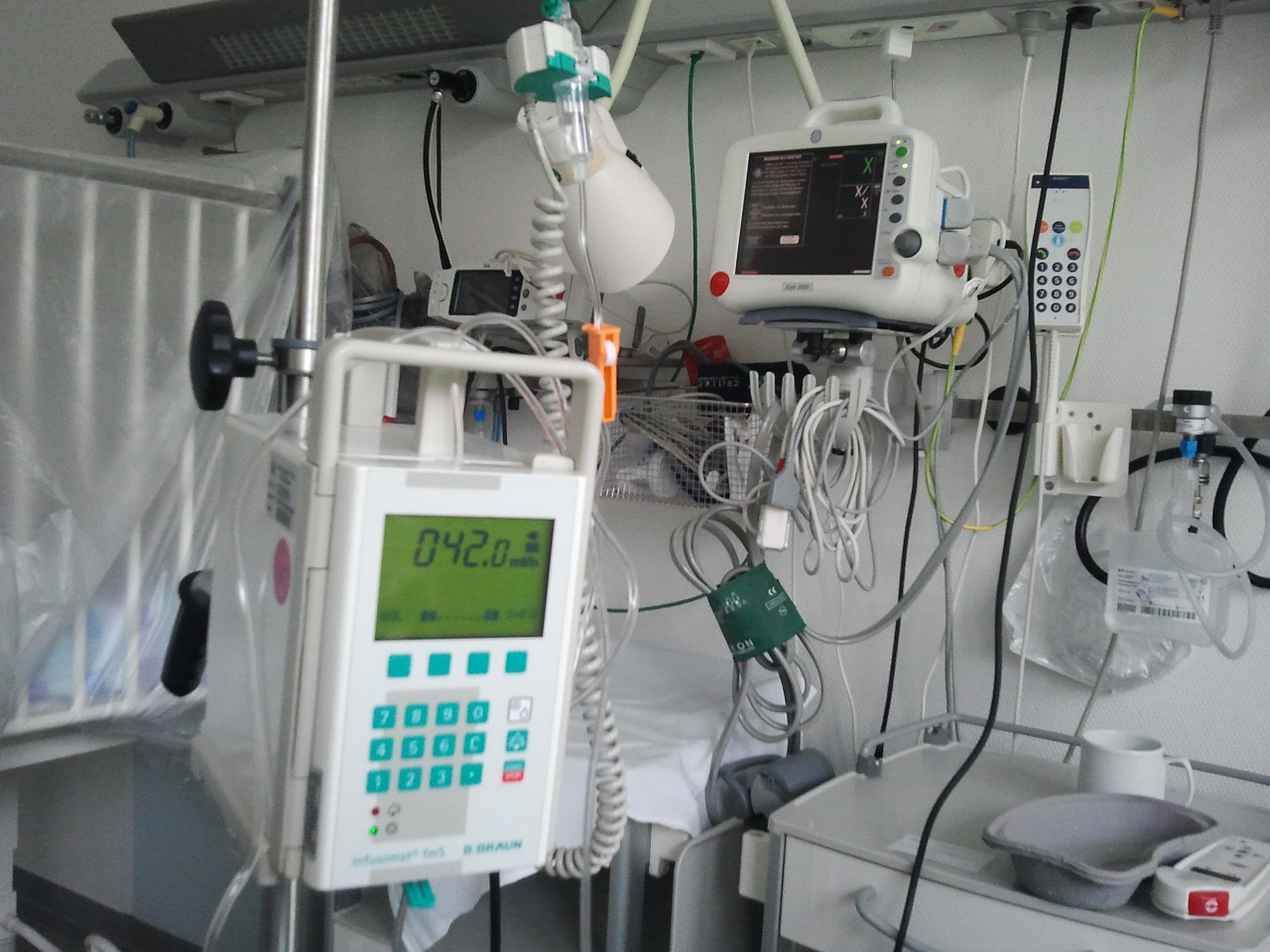How many patients die in the hospital as a result of preventable medical errors? While debate continues over estimates based on flawed data, the U.S. healthcare system can and must implement effective strategies to reduce adverse events and deaths, according to a special perspective article in the March Journal of Patient Safety. The journal is published by Wolters Kluwer.
Three recent reports on deaths due to medical error in US hospitals have estimated the figure to be greater than 200,000 deaths per year, according to the commentary by Dr. Kevin T. Kavanagh of Health Watch USA in Somerset, Kentucky, and colleagues.
“Our utmost concern is that — despite having the knowledge to prevent adverse events — many health systems do not adequately invest in patient safety to put well-known safety improvement strategies in place,” Kavanaugh says.
The authors add their perspective as patient advocates to the ongoing debate over the number of in-hospital deaths due to medical errors. These deaths encompass a wide range of preventable causes, such as bed ulcers, hospital-acquired infections, blood clots (embolism), surgical errors, and misdiagnosis.
In response to the recently reported figures, some in the healthcare industry have pointed out shortcomings of the measures used in the analyses. These critics have cited the difficulty of proving a specific cause of death; others argue that many causes can be traced back to patient’s lifestyle choices and many patients are near death at the time of the incident. But Kavanagh and coauthors write, “Even if the unintended event only shortens life by a few days, it does not mitigate the severity of the event.”

Kavanagh adds: “As a whole, concerns with data are unfounded since the data tend to underestimate, not overestimate, the number of preventable deaths. In addition, the context of the patient is irrelevant and must be dissociated from medical error.”
Other studies have reported lower estimates. One analysis extrapolated data from the U.K. National Health Service, estimating 25,000 preventable deaths per year in the United States. Kavanagh and colleagues reply: “Using studies derived from countries with an integrated nationalized healthcare system to estimate the quality of the U.S. healthcare system is not valid, since the United States has a fragmented system with little centralized or national control.”
All agree that better-quality data are needed. Meanwhile, abundant evidence suggests that the currently available data–based on “voluntary and non-audited reporting mechanisms” — likely underestimate the true rate of preventable events. Kavanagh and others in the patient safety movement cite the example of the National Transportation Safety Board, which investigates all aircraft accidents.
“The United States healthcare system as a whole can substantially decrease the incidence of adverse events and associated deaths,” Kavanagh and coauthors write. They note that there are known solutions to reduce the risk of adverse events — particularly investment in adequate nursing levels and a “culture of safety.”
Performing a critical analysis on available data, the authors estimated hospital-related preventable mortality to approximate 200,000 deaths per year. While acknowledging that the data are imperfect, they write, “The onus should not be on consumers but on the healthcare industry to generate comprehensive data to demonstrate that their product is safe.”
The researchers note that, even if the low estimate of 25,000 were correct, that would amount to about five potentially preventable deaths per year per U.S. hospital.
“In what other industry would such a record be tolerated, let alone defended?” Kavanagh and coauthors ask. “Would the airline industry and public ever tolerate even a single preventable airline crash? We can and must do better.”




